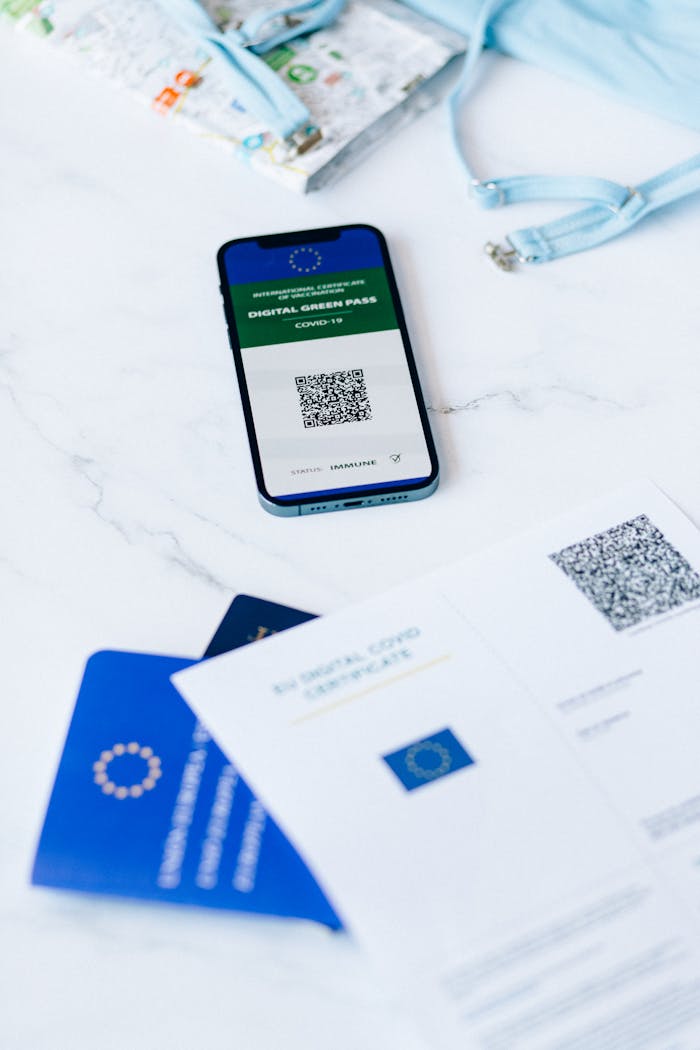If you or a loved one is detained by immigration authorities, one of the first questions is: Can we get out on bond?
The answer depends on the individual case, the law, and whether a judge determines the person is eligible. In many situations, a bond hearing is your best chance to fight detention and return home while your immigration case moves forward.
This guide explains what a bond hearing is, how to request one, who qualifies, and what rights immigration detainees have in 2025.
1. What Is a Bond Hearing?
A bond hearing is a legal proceeding before an immigration judge to decide whether a detained immigrant:
- Can be released from ICE custody
- Should remain detained until their case is resolved
If granted, the judge sets a bond amount — a refundable deposit that allows the person to be released.
2. Who Qualifies for a Bond Hearing?
You may qualify for a bond hearing if:
- You’re not subject to mandatory detention
- You have no serious criminal history (e.g., drug trafficking, violent felonies)
- You’re not considered a national security risk
People with certain crimes or past deportation orders may be ineligible for bond — but legal exceptions sometimes apply.
3. Mandatory vs. Discretionary Detention
- Mandatory detention: No bond hearing allowed (e.g., serious criminal offenses, arriving aliens)
- Discretionary detention: Judge can consider release on bond
A lawyer can help determine which category your case falls into.
4. How to Request a Bond Hearing
To request a bond hearing:
- Submit a written or verbal request to the immigration court or judge
- File Form EOIR-26 if appealing a bond denial
- Your lawyer may submit a bond packet with:
- Proof of identity and lawful presence
- Evidence of community ties (family, work, church, etc.)
- Criminal records and rehabilitation documents (if any)
5. What the Judge Considers
The judge will assess two key questions:
- Are you a danger to the community?
- Are you a flight risk (likely to miss court)?
You’ll have the chance to:
- Present documents and letters of support
- Call witnesses (if available)
- Testify on your own behalf
The government attorney (ICE) may argue for continued detention.
6. How Much Is the Bond?
- Minimum bond amount: $1,500
- Typical range: $3,000–$15,000
- Serious or high-risk cases: $20,000+
Bond must be paid in full to ICE (by cashier’s check or money order). It will be refunded at the end of the case if the person attends all hearings.
7. Can You Appeal a Bond Denial?
Yes. You can:
- Appeal to the Board of Immigration Appeals (BIA) within 30 days
- Ask for a new bond hearing if circumstances change (e.g., new relief becomes available)
8. Tips for a Successful Bond Hearing
- Hire an experienced immigration attorney
- Prepare a bond packet with strong evidence
- Gather letters of support from family, employers, religious or community leaders
- Show you have a stable address and plan to appear in court
Bond hearings are often the only chance for detained immigrants to fight their case from outside ICE custody. Knowing your rights, understanding the process, and getting legal help can dramatically improve your odds.
Whether you’re a family member or detainee, don’t wait — a bond hearing could be the key to freedom and a fairer outcome.


